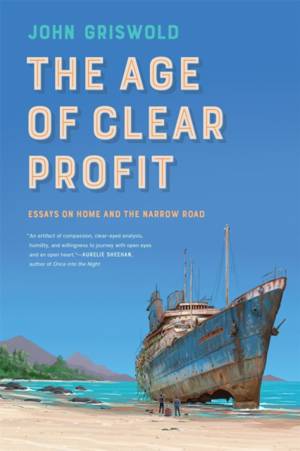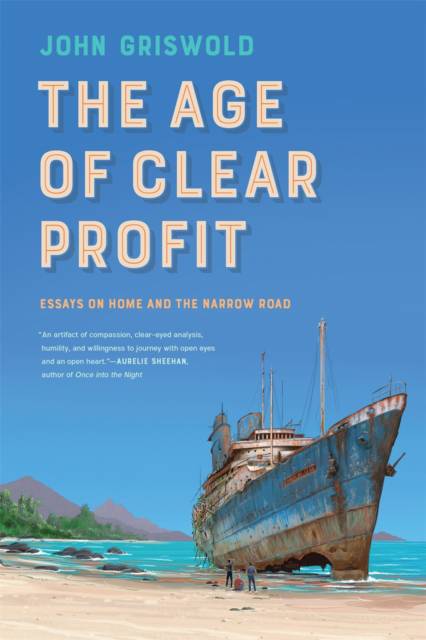
En raison d'une grêve chez bpost, votre commande pourrait être retardée. Vous avez besoin d’un livre rapidement ? Nos magasins vous accueillent à bras ouverts !
- Retrait gratuit dans votre magasin Club
- 7.000.000 titres dans notre catalogue
- Payer en toute sécurité
- Toujours un magasin près de chez vous
En raison de la grêve chez bpost, votre commande pourrait être retardée. Vous avez besoin d’un livre rapidement ? Nos magasins vous accueillent à bras ouverts !
- Retrait gratuit dans votre magasin Club
- 7.000.0000 titres dans notre catalogue
- Payer en toute sécurité
- Toujours un magasin près de chez vous
Description
At age fifty, when many hope to slow down, and what's left, as the poet Kobayashi Issa once wrote, is "clear profit," John Griswold was starting over---again---in a position he had worked decades to achieve. His family moved down the Mississippi Valley, expecting to create a good life with new friends.
What they found instead was a society "organized tightly by race, church attendance, and family name," which in its corruption, laissez-faire corporatism, gun love, and environmental degradation foretold the heightened problems of the United States in an era of deepening political division. Taking his cue from classical Asian poets such as Basho, Griswold begins to journey, to gain perspective, and to find his own narrow road. He travels around the rim of the Gulf of Mexico and to writers' homes in Russia and New Mexico; attends the protests at Standing Rock; walks the Basho Trail in Japan; and reports on the wholesale slaughter of a Texas rattlesnake roundup and the cruel weirdness of the Angola Prison Rodeo. Over eight years, Griswold bears witness, pays homage, and finds he is able to define and speak with gratitude about what is most important to him: his children, wholeheartedness, and the act of trying. In the gap between complexity and a little peace and quiet, there is a way to profit anew.Spécifications
Parties prenantes
- Auteur(s) :
- Editeur:
Contenu
- Nombre de pages :
- 232
- Langue:
- Anglais
- Collection :
Caractéristiques
- EAN:
- 9780820362816
- Date de parution :
- 15-09-22
- Format:
- Livre broché
- Format numérique:
- Trade paperback (VS)
- Dimensions :
- 150 mm x 226 mm
- Poids :
- 362 g

Les avis
Nous publions uniquement les avis qui respectent les conditions requises. Consultez nos conditions pour les avis.






